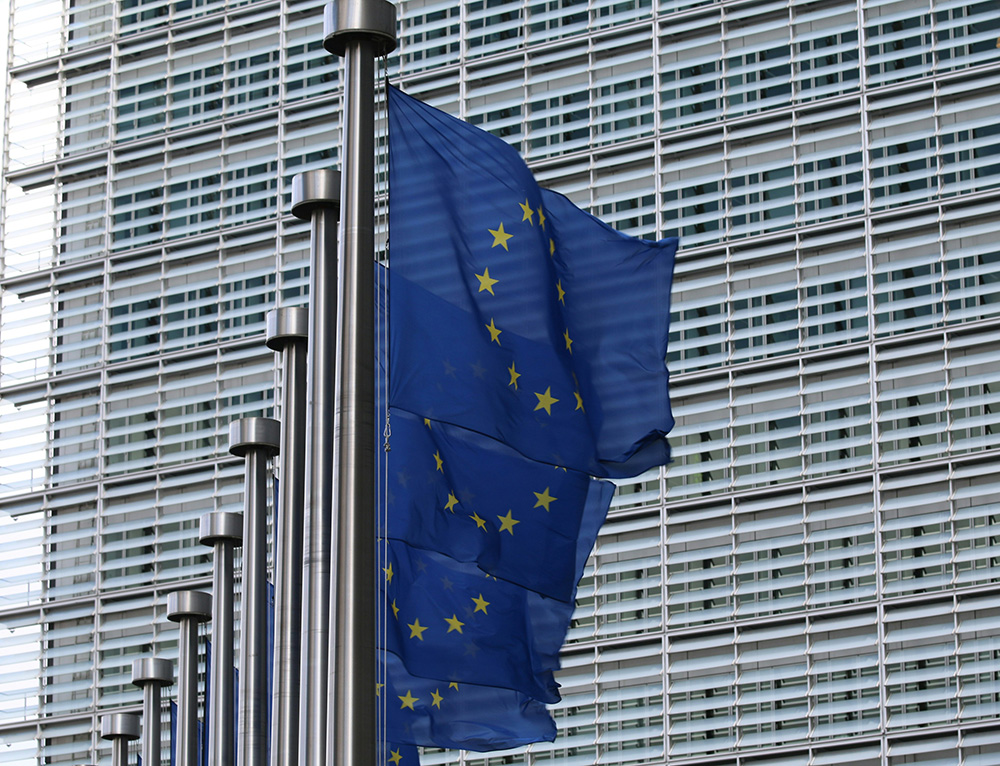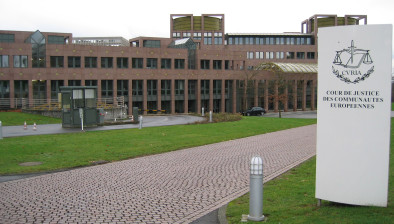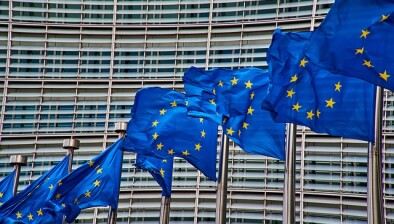Ireland welcomes EU agreement on migration and asylum reforms

The Irish government has welcomed the EU’s approval of major reforms to European migration and asylum policy, despite fierce criticism from human rights campaigners.
In a series of votes passed by varying margins, the European Parliament yesterday adopted 10 legislative texts which collectively implement the new EU Migration and Asylum Pact.
Justice minister Helen McEntee, who announced last month that Ireland would opt-in to the measures, which will come into force in two years’ time, welcomed the “shared European solution to a shared European challenge”.
It will lead to the full repeal of the International Protection Act 2015 and the introduction of a new asylum regime with legally binding timeframes for decisions as well as a greater focus on faster deportations of unsuccessful applicants.
Mrs McEntee said: “I am committed to ensuring that Ireland’s international protection system is robust and rules-based, and that our borders are protected.
“That is why today’s approval of the EU Asylum and Migration Pact by the European Parliament is very welcome. The agreement marks a historic step, which provides a robust legislative framework to address migration and asylum across the EU.
“It is a shared European solution to a shared European challenge. When implemented, it will ensure European asylum systems are cohesive, fair, and efficient.
“Under the pact, asylum procedures and processes across the EU will be harmonised. There will be a reduction in the time applicants for international protection spend waiting for decisions, so that people who qualify for protection get it quickly, while those who don’t are returned more efficiently and more quickly to their country of origin. This will reduce the pressure on State-provided accommodation.
“The pact’s enhanced screening and security measures will reduce irregular secondary movements of asylum seekers. This will be particularly impactful for Ireland, while the solidarity and responsibility provisions will assist member states most acutely affected by irregular migration.”
However, Amnesty International said the agreement “will lead to greater human suffering”, joining a number of NGOs in criticising the reforms.
Eve Geddie, head of Amnesty’s European institutions office and director of advocacy, said: “For people escaping conflict, persecution, or economic insecurity, these reforms will mean less protection and a greater risk of facing human rights violations across Europe — including illegal and violent pushbacks, arbitrary detention, and discriminatory policing.
“Europe has missed a vital opportunity to build a migration and asylum system that places human rights at the centre, and to unconditionally uphold people’s human right to seek asylum no matter where they come from or how they have arrived.
“This is a failure to show global leadership on refugee protection and building safe, fair and dignified pathways for people to reach Europe — whether in search of safety or of opportunity.
“Amnesty International will continue to stand in solidarity with refugees and migrants, those affected by racism, discrimination, violence and human rights abuses at European borders and beyond, as well as the countless individuals, organisations, and communities working to defend their rights.”










